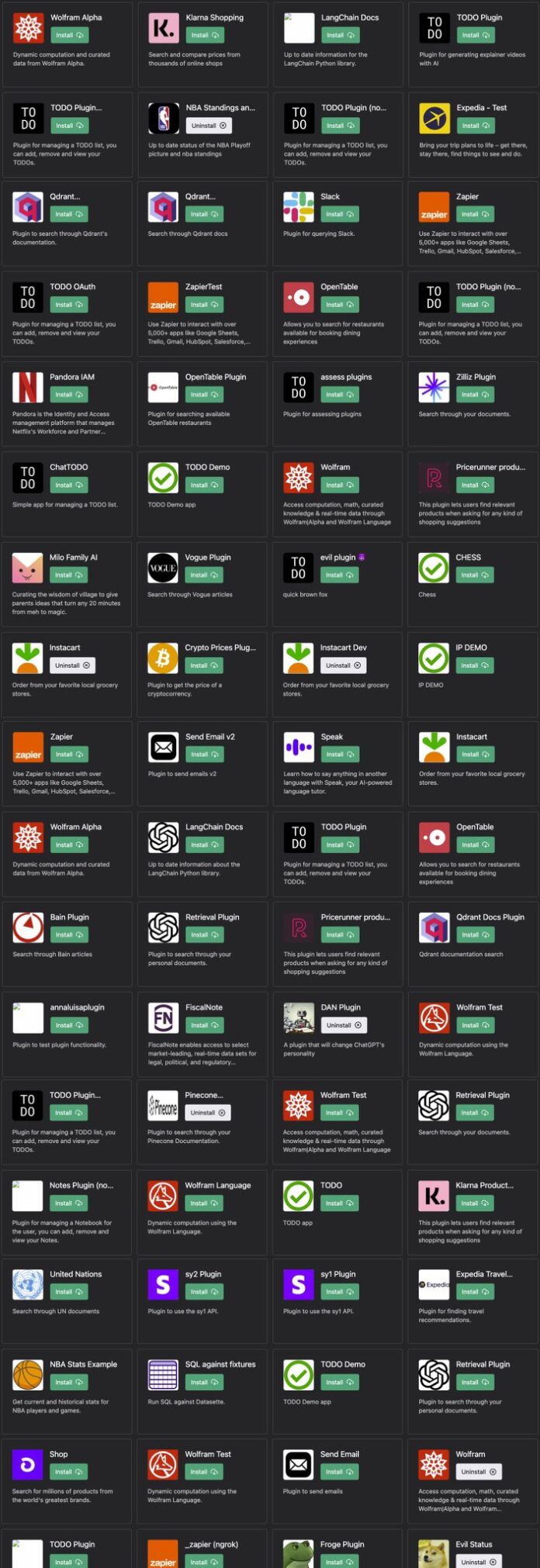Maria Irene
As the influence of artificial intelligence (AI) continues to grow, many are questioning whether traditional search engines like Google can survive the rise of OpenAI’s ChatGPT4. Linus Ekenstam (@LinusEkenstam), a respected AI expert, recently shared his thoughts on Twitter.
“ChatGPT is the fastest growing product ever. So distribution is solved,” Ekenstam tweeted, highlighting the rapid adoption of ChatGPT4. He argues that the conversational interface is the killer application for large language models (LLM) as proven by OpenAI.
One of the challenges facing ChatGPT has been its limited access to the internet. However, the introduction of plug-ins is changing that. These plug-ins enable developers to grant ChatGPT access to real-time data, services, and the internet in general. This means ChatGPT can now perform tasks such as looking up recent events, connecting to Zapier to automate tasks, and even ordering food from Instacart.
Ekenstam predicts that the next few months will see a surge in companies embracing this technology. He wonders what will happen to first-class software and if most big apps and services will eventually transform into API layers.
He shared a leaked list of plug-ins already built, noting that the impact of some of them would be monumental. If ChatGPT becomes the one-stop-shop for most of our daily digital interactions, it may soon replace Google as the starting point of the internet for most people.
“Personally, Google is already feeling like an old, slow version of some tech I used to use,” Ekenstam said. He believes that the introduction of plug-ins will render many apps obsolete and that Google must act quickly to stay relevant in a world dominated by AI.
Ekenstam invites users to share their thoughts on the matter and whether they have gotten access to plug-ins. Despite his predictions, he remains optimistic that Google can adapt and continue to provide value in an AI-driven world.
“I think Google will be around, but they must get their act together fast to be able to still stay relevant. In a world where AI is everywhere, we would benefit if Google kept up,” Ekenstam concluded.


